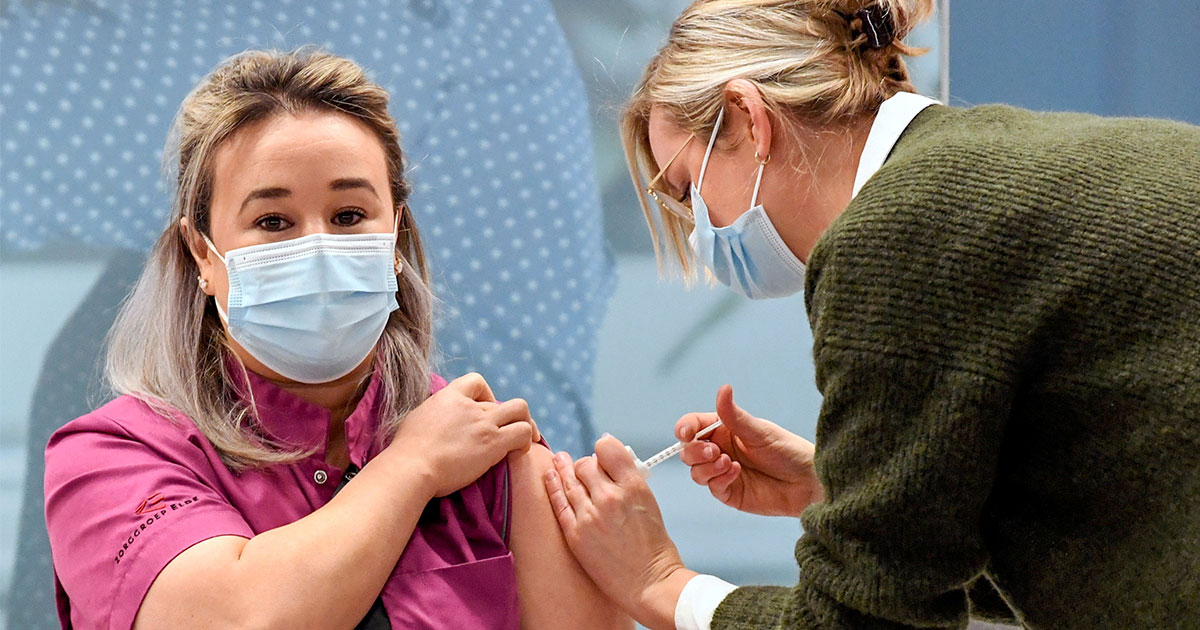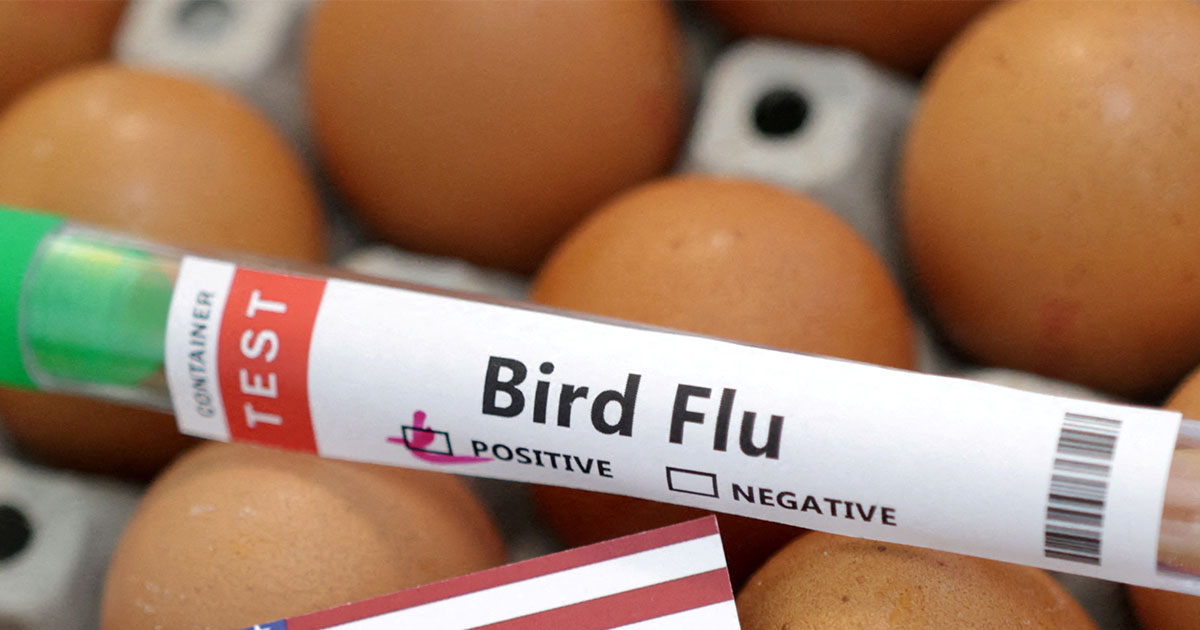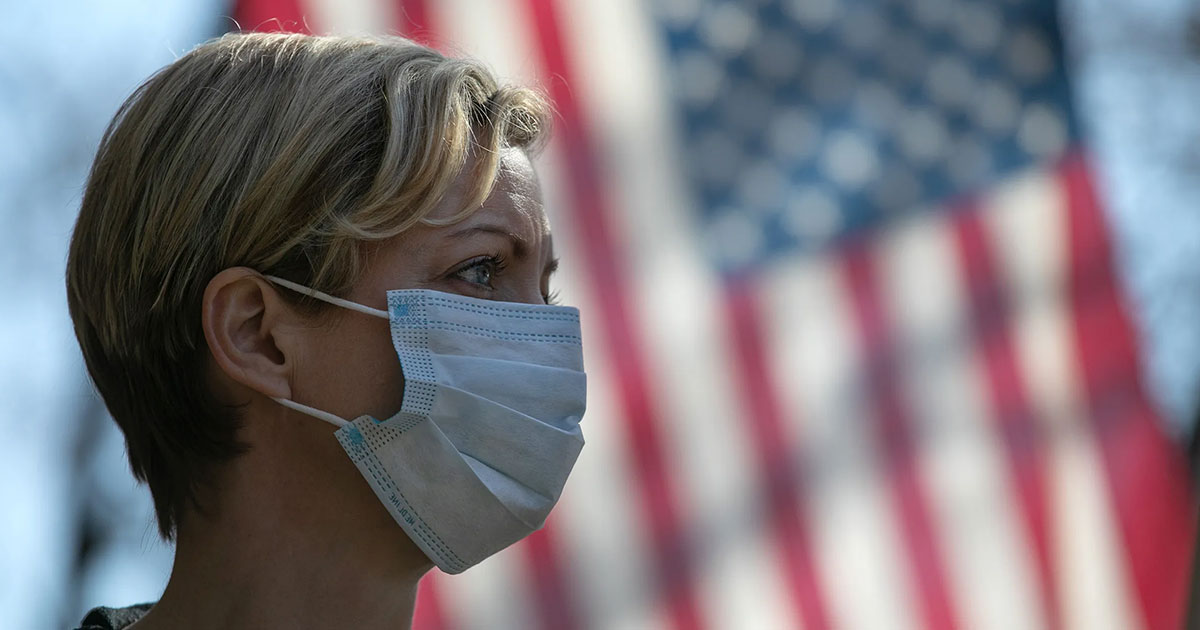A study that lost credibility and sparked significant interest in the use of an antimalarial drug for COVID-19 treatment has been officially retracted.
A scientific journal announced on Tuesday the retraction of a March 2020 study that first brought hydroxychloroquine to public attention during the early days of the COVID-19 pandemic, stating that the focus on the drug was unwarranted from the beginning.
The antimalarial drug was momentarily promoted as a potential treatment for the novel coronavirus during a period when few alternatives existed. This early study emerged at a time when nations were implementing shutdowns, leading to an increase in hospital admissions and morgue capacities. It presented a glimmer of hope as doctors faced limited treatment options for the newly emerged virus, which claimed the lives of tens of thousands during its initial wave.
However, other scientists promptly expressed skepticism regarding the study’s sample size, methodological issues, and ethical considerations. Subsequent studies did not validate the initial findings.
The journal that first published the study, along with three of the 18 authors—excluding its prominent lead scientist—has reached an agreement to withdraw the publication. The International Journal of Antimicrobial Agents, published by Elsevier in collaboration with the International Society of Antimicrobial Chemotherapy, has officially retracted a previous publication.
The French Society of Pharmacology and Therapeutics has declared that the paper serves as a definitive instance of scientific misconduct, characterized by manipulation and bias aimed at “falsely presenting” the drug as effective in the fight against COVID-19. The society stated in a Tuesday announcement, “This controversial study was the cornerstone of a global scandal.”
The promotion of the results resulted in the excessive prescription of hydroxychloroquine to millions of patients, creating unnecessary risks for countless individuals and potentially leading to thousands of preventable deaths. The promotion of the study has also resulted in the proliferation of ineffective research, ultimately hindering progress on effective treatments.
The preferred treatment for an extended period
In 2020, former President Donald Trump announced that he was using hydroxychloroquine as a preventive measure against COVID-19, despite the U.S. Food and Drug Administration’s cautions regarding its efficacy. Trump often promoted the drug, and his administration, in collaboration with various local and international governments, took measures to stockpile it. (He did not take it himself when he was first diagnosed with COVID-19 in the fall of 2020.)
Hydroxychloroquine has been associated with significant side effects, such as cardiac arrest, heart rhythm disturbances, liver failure, and kidney disorders. The FDA has issued a warning regarding the use of this treatment for COVID-19 infections.
According to the Centers for Disease Control and Prevention, prescriptions for hydroxychloroquine saw an astonishing increase of 80-fold from March 2019 to March 2020.
The drug is utilized effectively to suppress excessive immune responses in conditions like rheumatoid arthritis and lupus, in addition to its role in treating and preventing malaria. The use of the drug to treat COVID-19 has, at times, created challenges for patients seeking access to it.
Obstacles faced in the research
At the onset of the pandemic, senior researcher Didier Raoult advocated for hydroxychloroquine as a potential solution to swiftly resolve the health crisis.
A recently retracted study involved 36 patients diagnosed with COVID-19. Among these, 20 patients were reported to have received treatment with hydroxychloroquine and the antibiotic azithromycin. The review conducted by the journal was unable to ascertain whether patients had been fully informed about the treatment they were undergoing, an issue that raises concerns regarding adherence to scientific ethics.
In a 2020 blog post, Dutch microbiologist and scientific integrity consultant Elisabeth Bik highlighted that six additional patients, whose unfavorable outcomes could have altered the study’s positive results, were excluded from the research after it commenced, raising concerns about the validity of the findings.
Raoult, previously the head of the Institut Hospitalo-Universitaire (IHU) Méditerranée Infection, a research hospital located in Marseille, published multiple research papers that have since been discredited, as reported by the news outlet Science.e. IHU is currently under criminal investigation regarding its research activities.H. Raoult has ignited debate by rejecting widely accepted scientific theories, including Darwinian evolution and climate change.e.
Politicizing science does not bring one closer to the truth.
Ivan Oransky, co-founder of Retraction Watch, a scientific watchdog organization, stated that the retracted paper exemplifies the consequences of politicizing studies and the scientific record, particularly in relation to the concerns surrounding the hydroxychloroquine study.
He expressed skepticism that proponents of the drug’s debunked application for COVID-19 would alter their stance following the retraction. According to him, it could potentially backfire, reinforcing their beliefs, as they perceive the study to be an attack from the establishment.
“It’s likely a source of frustration for all parties involved,” stated Oransky, who also serves as a medical journalism instructor at New York University. “Politicizing science does not bring you closer to the truth.”
At the onset of the pandemic, he noted that research progressed rapidly, as scientists were eager to gain insights into the SARS-CoV-2 virus responsible for COVID-19 and to identify effective treatments for severely ill patients.
During the ongoing pandemic, there are instances when scientific understanding shifts or when researchers may act hastily, leading to errors, according to Oransky. Public health officials and researchers must recognize and admit their mistakes when they occur.





